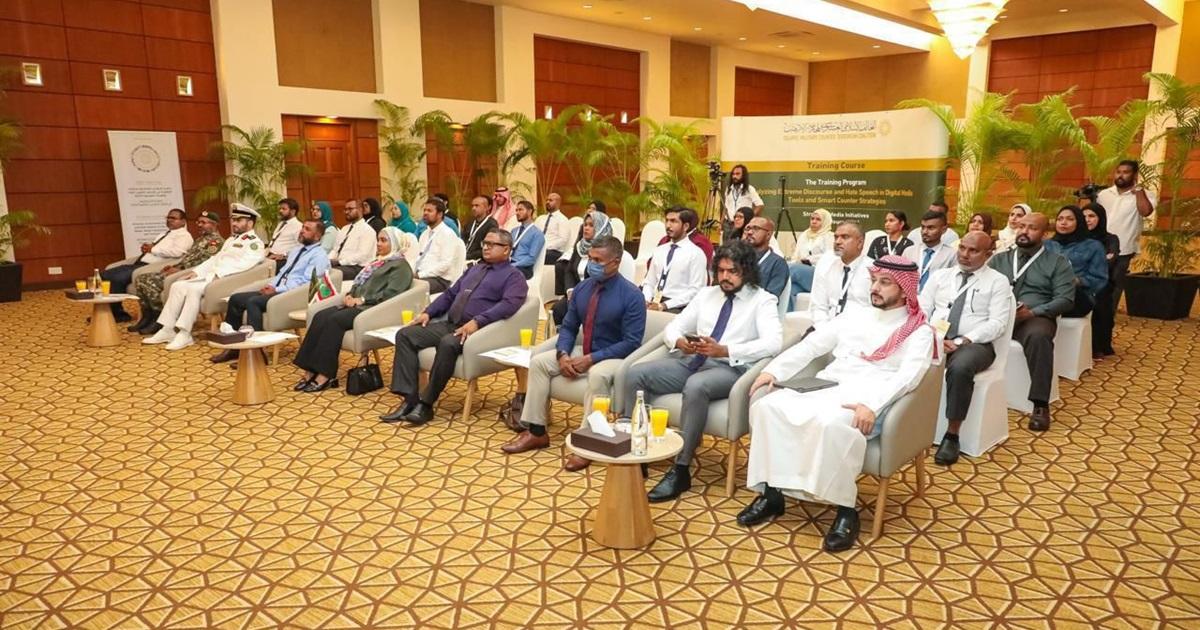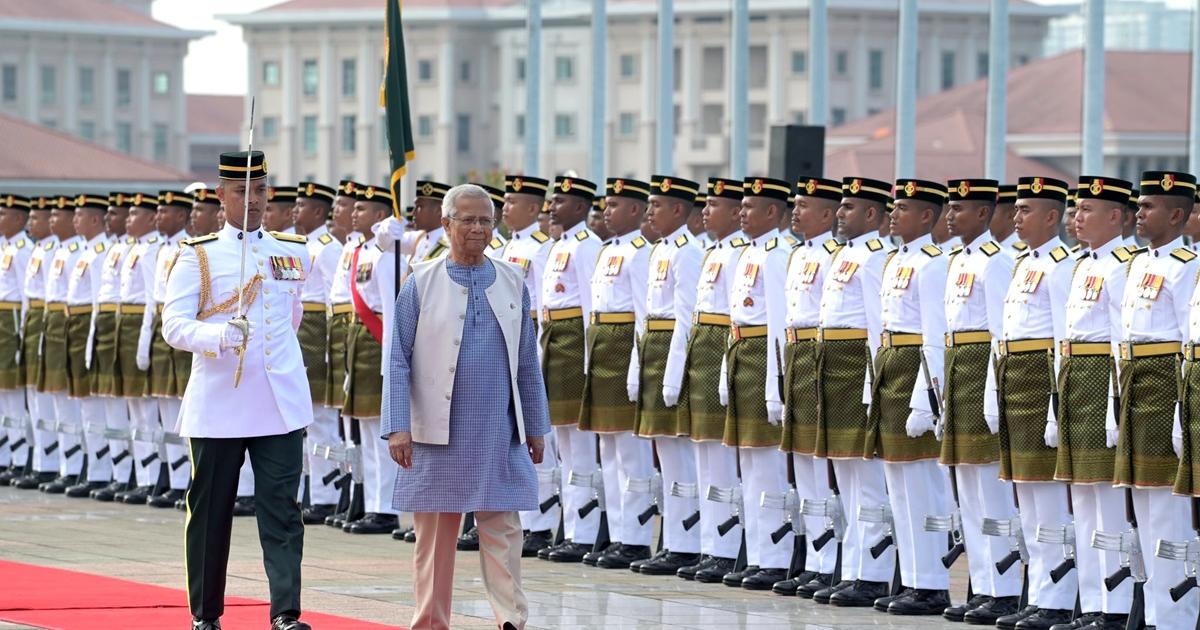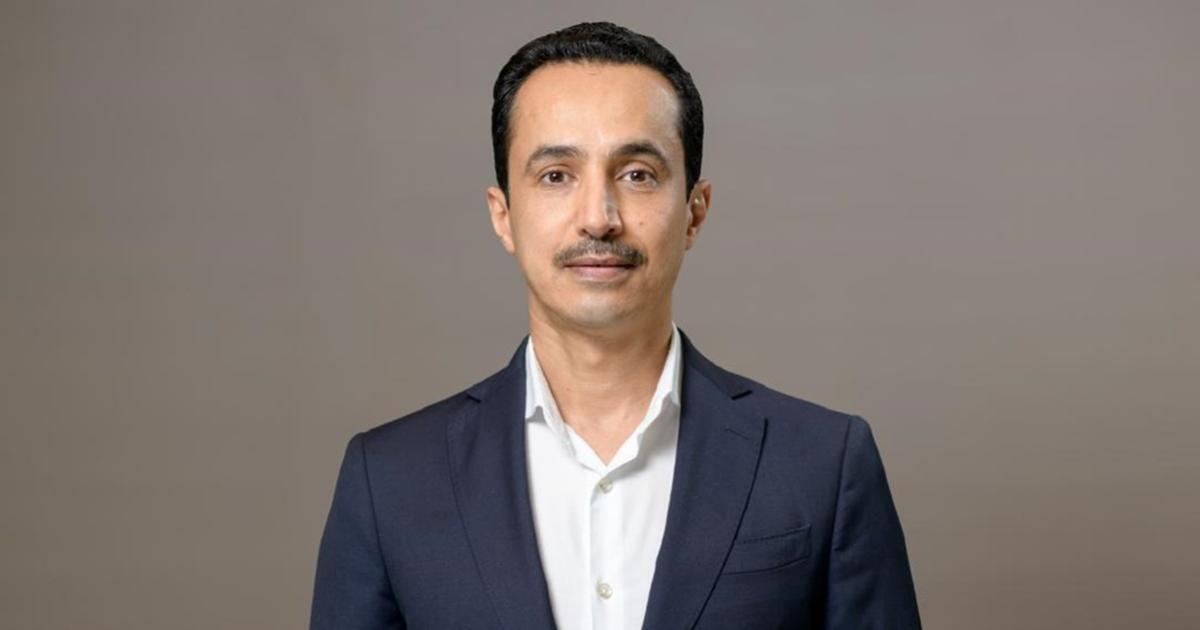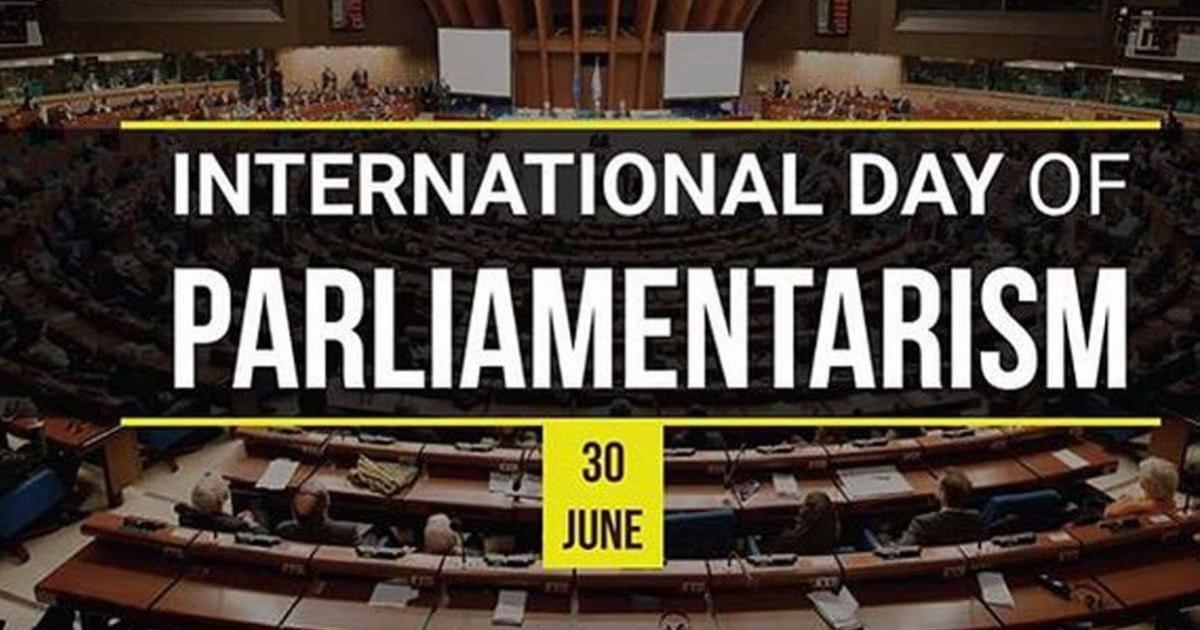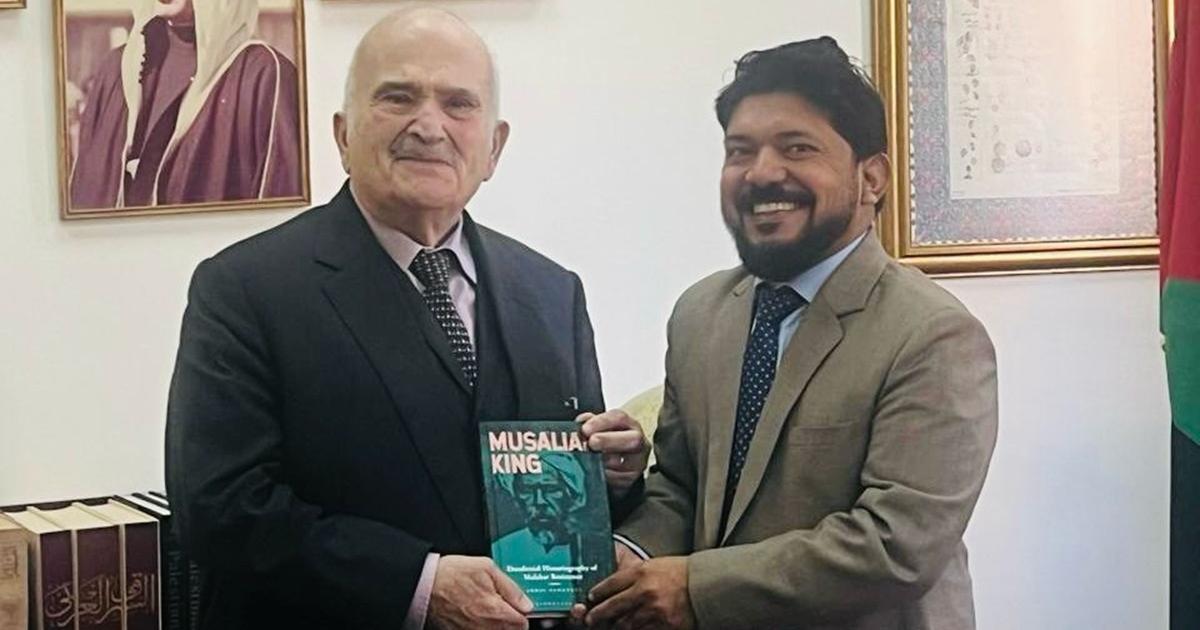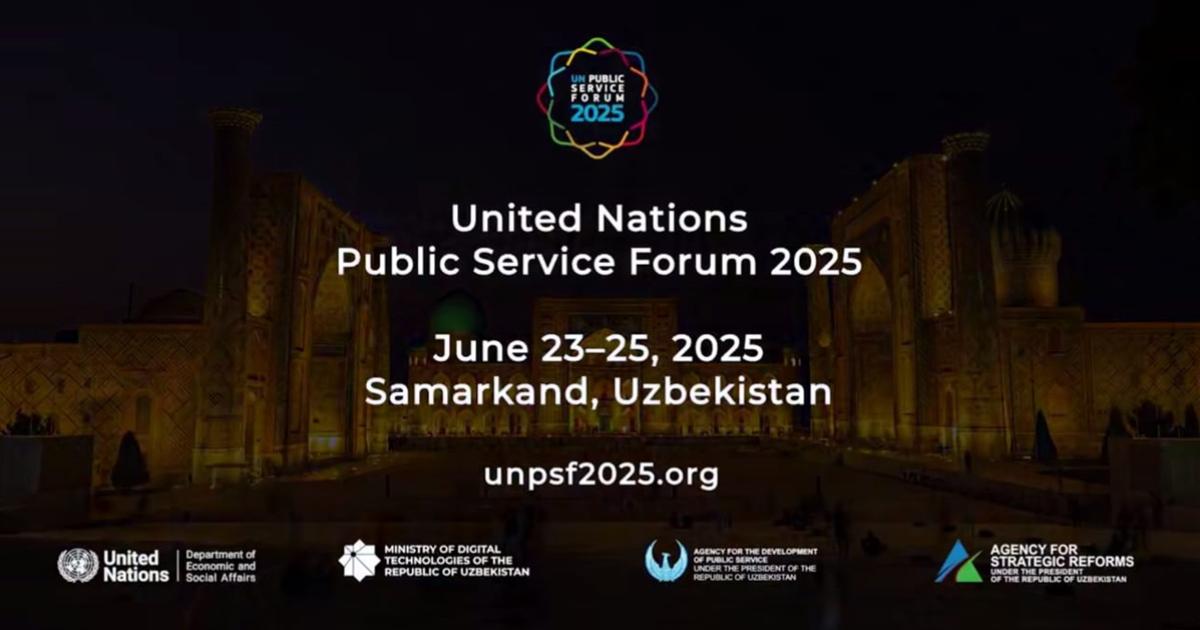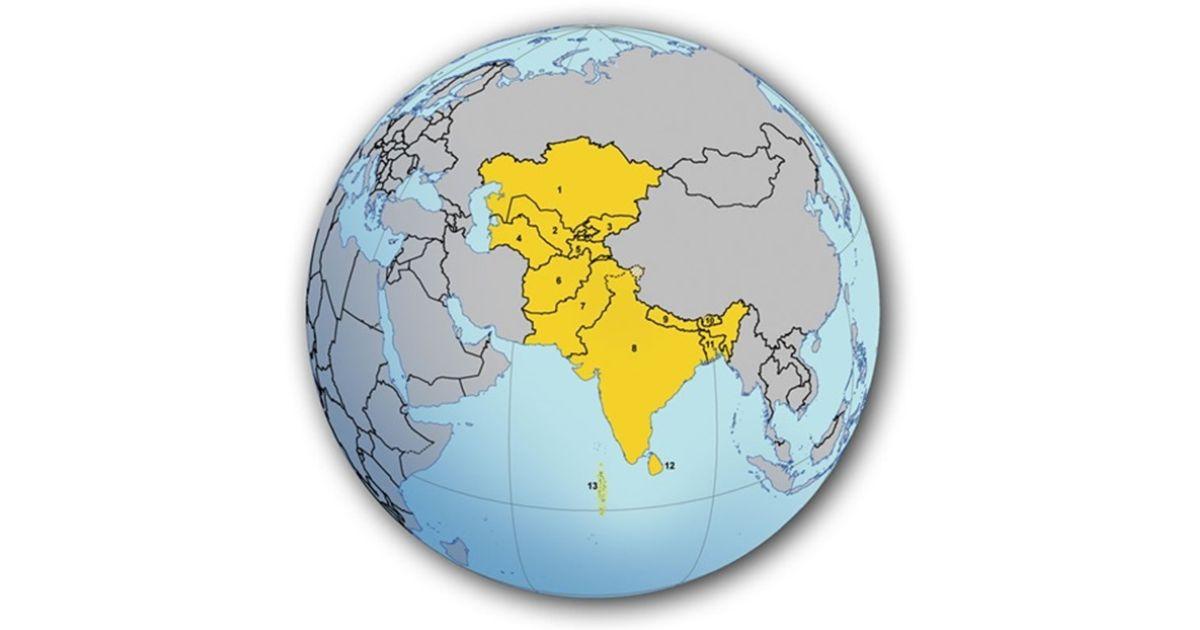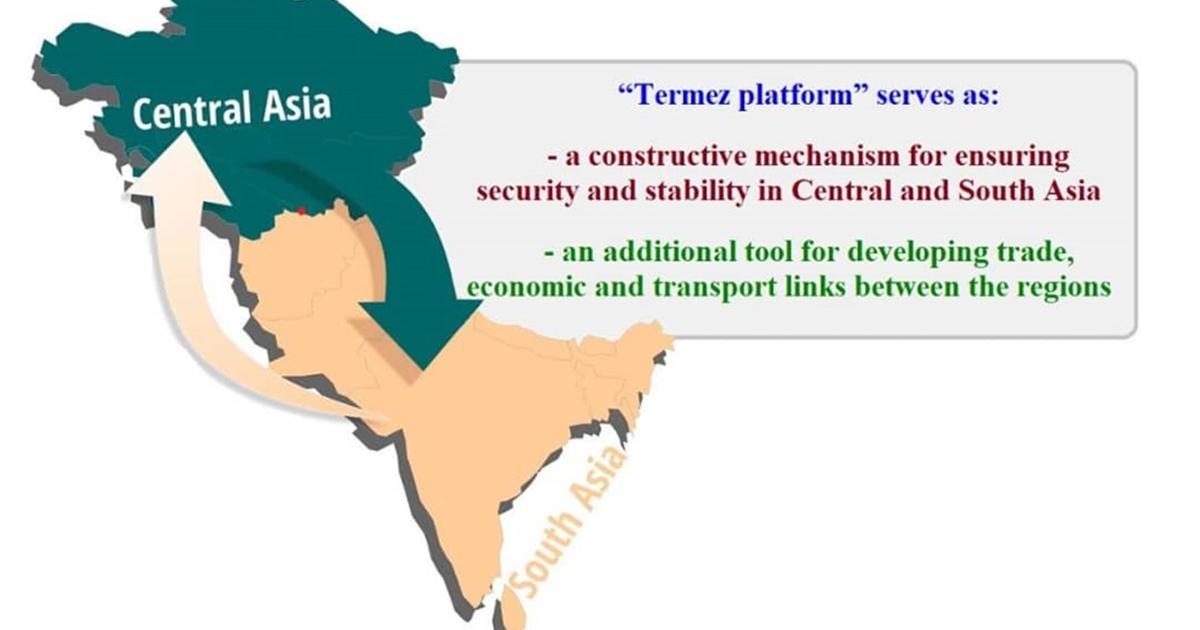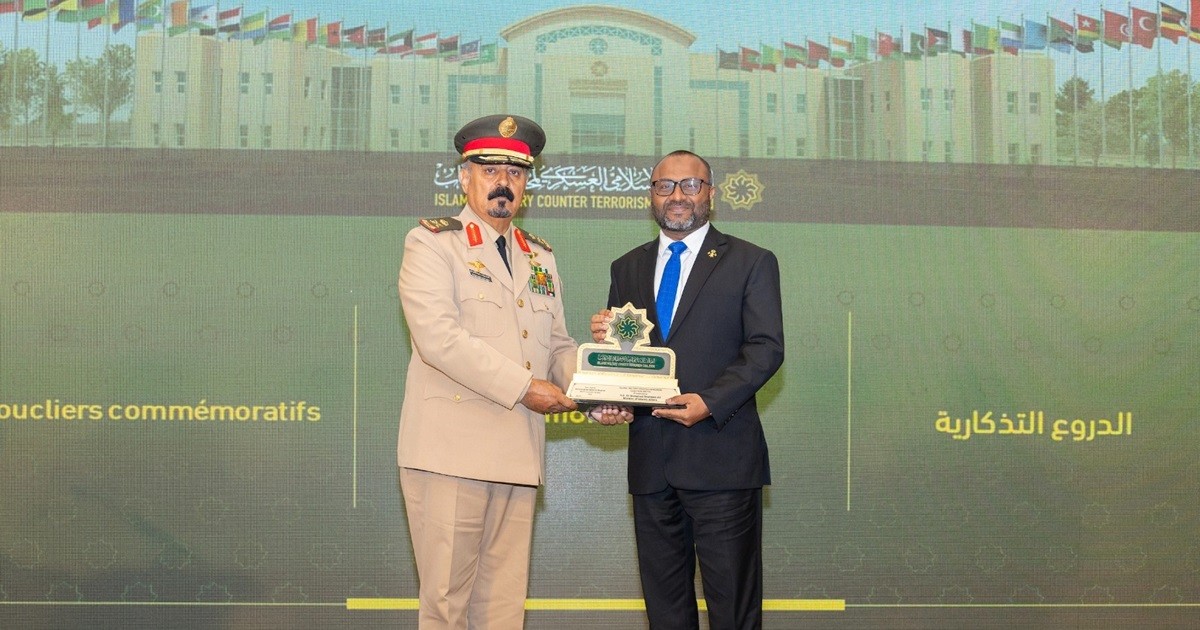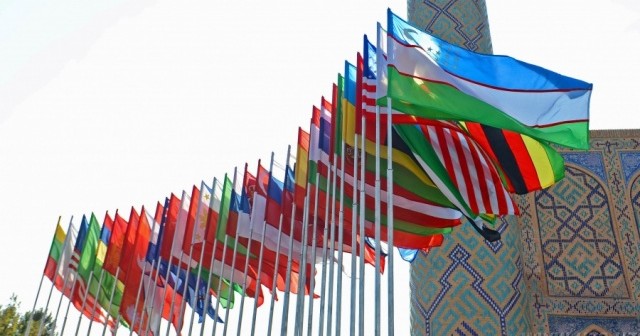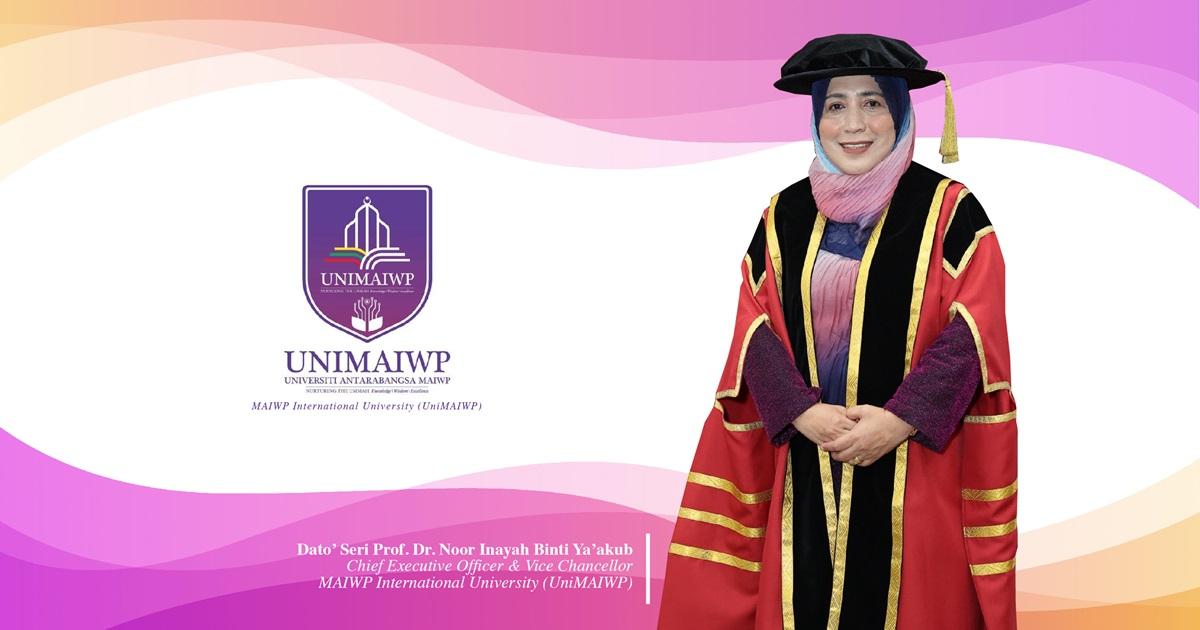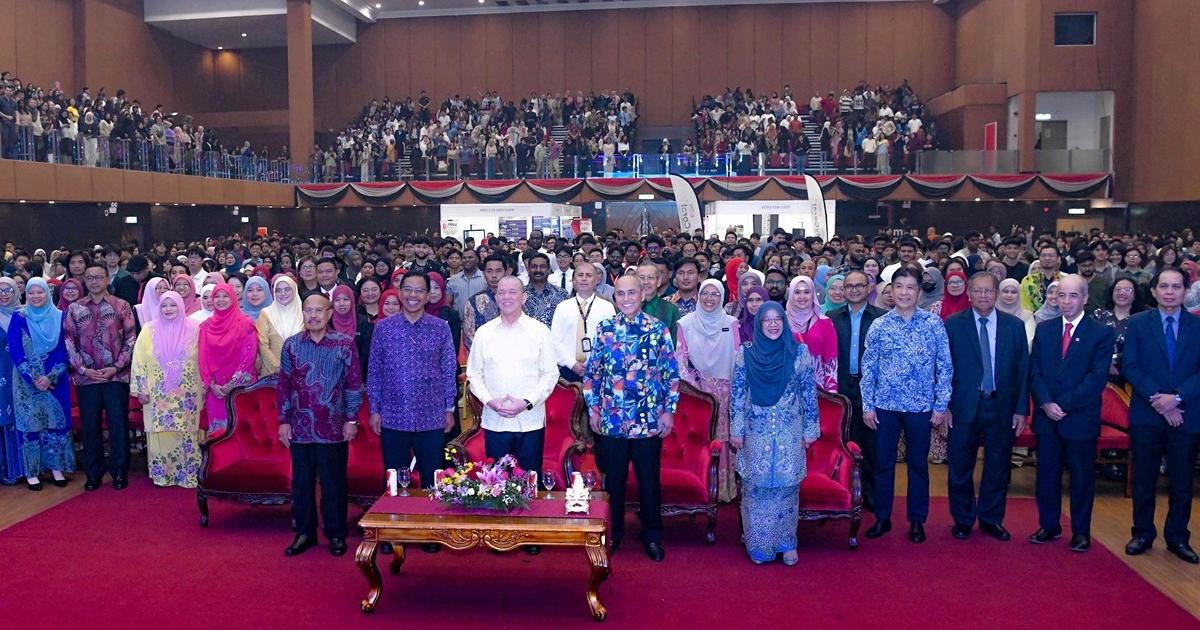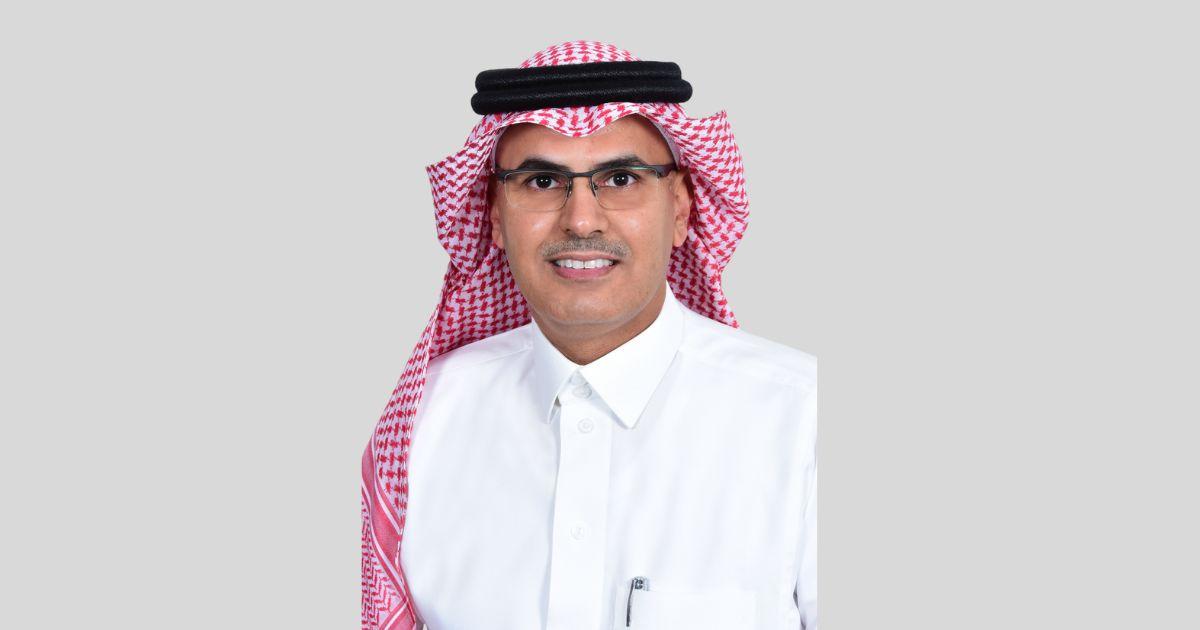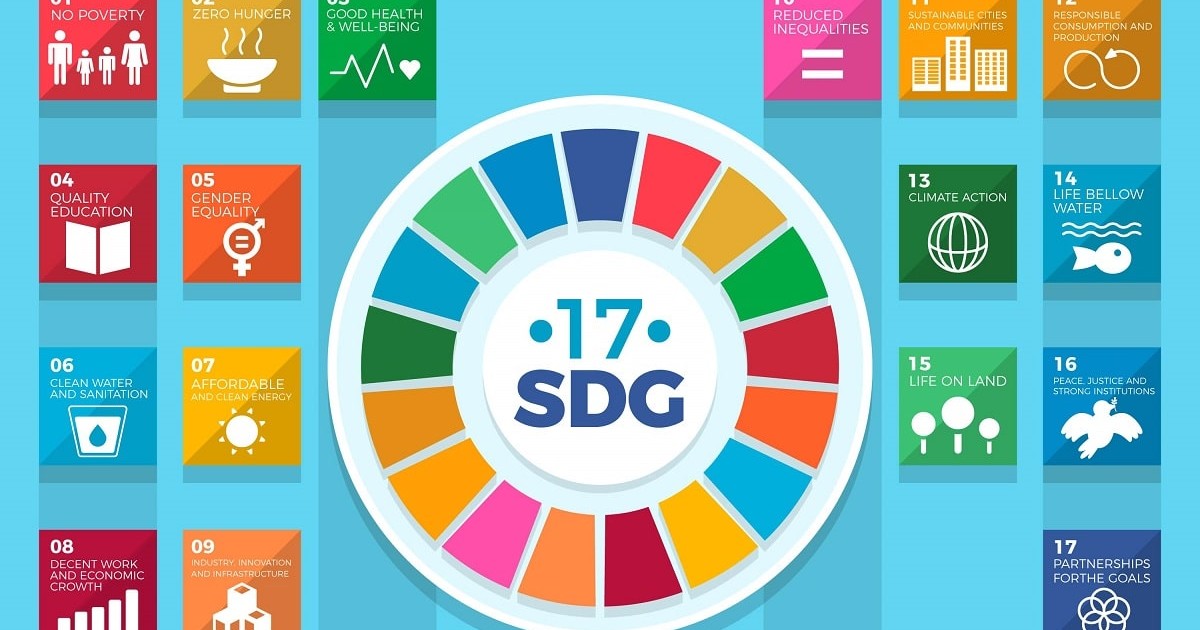
The SDG Transformation Center, an initiative of the UN Sustainable Development Solutions Network (SDSN), operating under the leadership of Prof. Jeffrey Sachs of New York based Columbia University has been publishing the Sustainable Development Report (SDR) since 2016. The report usually includes the SDG Index & Dashboards. However, the 2024 edition of the SDR, published on June 17, 2024, by Dublin University Press, Ireland, additionally and very timely, focuses on the UN Summit of the Future. Moreover, the report also includes two thematic chapters, related to SDG 17 (Strengthen the means of implementation and revitalize the Global Partnership for Sustainable Development) and SDG 2 (End hunger, achieve food security and improved nutrition and promote sustainable agriculture).
In its opening chapter of SDR 2024, SDSN presents its recommendations for United Nations 2.0 as a contribution to the upcoming summit which was endorsed by 100+ global scientists and practitioners. The recommendations are offered in the following critical areas such as sustainable development and financing for development; international peace and security; science, technology and innovation and digital cooperation; youth and future generations; and transforming global governance.
Five key findings of this year’s SDR are as follows. First, on average, only 16 percent of the SDG targets are on track to be met globally by 2030. Second, the pace of SDG progress varies significantly across country groups. Third, sustainable development remains a long-term investment challenge. Fourth, global challenges require global cooperation. Fifth, the SDG targets related to food and land systems are particularly off-track. These startling findings reveal that achieving the SDGs by 2030 is almost impossible for most of the world's countries. Under such circumstances, it is more urgent than ever to reform the global financial architecture based on cooperation, equity and justice which can lead to a paradigm shift towards reversing the slow pace of achieving the SDGs.
Following the traditional practice, the 2024 report has reviewed yearly progress on the Sustainable Development Goals (SDGs) of the 193 UN member states in the form of presenting the SDG index scores on a scale of 0 to 100. However, the 2024 SDG index covers 167 countries. Out of the 57 Organization of Islamic Cooperation (OIC) countries, 56 are included in the report. Here is an attempt to offer a look at the progress made by OIC countries.
For the sake of our discussion, let's divide the 167 countries into three groups: Group A represents the top 50 countries while the middle 67 countries, ranking from 51th to 117th are the members of Group B. Finally, Group C represents the bottom 50 countries, ranking from 118th to 167th.
The top five performing countries in the 2024 SDG index are all European countries such as Finland, ranked 1st with a score of 86.4, followed by Sweden, Denmark, Germany, France. There are 3 OIC countries in Group A. Albania ranked 42nd with a score of 75, followed by Kyrgyz Republic ranked 48th with a score of 74.2 and Bosnia and Herzegovina ranked 50th with a score of 74. This is a significant improvement for the Muslim world compared to previous progress on the SDG index. For example, in the 2020 SDG index, Bosnia-Herzegovina was the only OIC member country in Group A, ranking 50th with a score of 73.38.
In contrast, of the countries in Group C, 24, or 48%, are OIC members. Among them, 20 countries, or 83.33%, are from Sub-Saharan Africa. Countries are ordered by their performances on the SDG Index: Cote d'Ivoire ranked 121st with a score of 62.7, followed by Togo, Sierra Leone, Mauritania, Gambia, Cameroon, Mali, Benin, Guinea, Uganda, Nigeria, Mozambique, Burkina Faso, Comoros, Guinea-Bissau, Djibouti, Sudan, Niger, Somalia, and Chad ranked 164th with a score of 43.75. Of the remaining four OIC countries in Group C, two are from South Asia –Pakistan ranked 137th and Afghanistan ranked 162nd and two are from Middle East and North Africa (MENA) region –Syria ranked 127th and Yemen ranked 163rd.
Out of 67 countries in Group B, 29, or about 43.3%, are OIC member countries. These countries are from seven diverse regions. From West Asia, Turkey, the only Organization for Economic Co-operation and Development (OECD) country in the Muslim world, ranked 72nd with a score of 70.50. Suriname ranked 76th with a score of 70 and Guyana ranked 97th with a score of 66.7 are the two countries from the Latin America and the Caribbean (LAC region). Gabon ranked 105th with a score of 64.9 and Senegal ranked 116th with a score of 63.4 are two countries from Sub-Saharan Africa in Group B. The two South Asian countries are Bangladesh, ranked 107th, and the Maldives, ranked 67th, while the three Southeast Asian countries are Indonesia at 78th, Malaysia at 79th, and Brunei at 96th. The five Central Asian countries included are Azerbaijan ranked 63rd with a score of 72.2, Kazakhstan, Uzbekistan, Tajikistan, and Turkmenistan ranked 94th with a score of 67.1. The all 14 Middle East and North Africa (MENA) countries belong to Group B. Countries are ordered by their performances on the SDG Index: Tunisia ranked 60th with a score of 72.5, Morocco, United Arab Emirates, Albania, Egypt, Jordan, Iran, Oman, Qatar, Saudi Arabia, Iraq, Lebanon, Kuwait, and Bahrain ranked 113th with a score of 63.6.
Overall, the top five performing OIC member countries are Albania, Kyrgyz Republic, Bosnia and Herzegovina, Tunisia and Azerbaijan. On the other hand, the five lowest performing OIC countries are Niger, Afghanistan, Yemen, Somalia and Chad.
The 2024 SDG Index excludes 26 countries due to a lack of sufficient data. To minimize biases from missing data, the 2024 SDG Index only includes countries that have data for at least 80 percent of the variables included in the global SDG Index. Egypt and Uganda are two OIC countries with no missing data. On the other hand, Libya, Comoros, Maldives, Bahrain and Guinea-Bissau are the five OIC countries with missing data over 20 percent. Therefore, missing data is a challenge for both OIC countries and non-OIC countries in understanding actual progress of SDG achievement.
In summary, we observe that the progress of the majority of OIC member countries is relatively poorer than non-OIC countries. Only 3 OIC countries are among the top 50 countries and they belong to the lower rungs of the ladder in Group A. On the other hand, 29, or about 43.3%, are OIC member countries in Group B and 24, or 48%, in Group C. Another shocking fact is that none of the OIC high-income GCC countries such as Oman, Bahrain, Saudi Arabia, Kuwait, United Arab Emirates, and Qatar could not qualify in the top 40 percent countries in the SDG index 2014 despite having higher Human Development Index (HDI) scores. Among the GCC countries, United Arab Emirates ranked 1st being 70th with a score of 70.5 and Bahrain ranked lowest being 113th with a score of 63.6.
In conclusion, it is said that the SDG index 2024 should be taken as an eye opener and the OIC as the collective voice of the Muslim world should seriously evaluate the reasons behind their poor performance in the index. At the same time, OIC needs to activate its various organs, committees and institutions including the Islamic Center for the Development of Trade (ICDT), the Standing Committee for Economic and Commercial Cooperation (COMCEC) and the Islamic Development Bank (IDB) to enhance cooperation among OIC members so that the OIC countries can be collectively progressed on the SDG index.
To materialize this, the following recommendations can be considered. First, OIC can invest in capacity building programs to effectively implement and monitor progress on SDGs. Second, to accelerate progress towards the SDGs, it is important to exchange knowledge, experiences, and best practices among member states. Third, mobilizing financial resources among OIC countries is very important. In this regard, Islamic finance can play a crucial role in supporting SDG-related projects and initiatives in member states. Fourth, certain SDGs such as poverty alleviation, education, health, and climate action may be prioritized for collective action given the diversity among members. Last but not the least, in response to ongoing Israeli-Palestinian conflict, the OIC should strengthen initiatives and dialogue among member states to accelerate peacebuilding efforts, which are key to achieving several SDGs.
- Business News 100
- Country News 16
- Feature News 30
- International News 151
- Interview News 35
- National News 18









